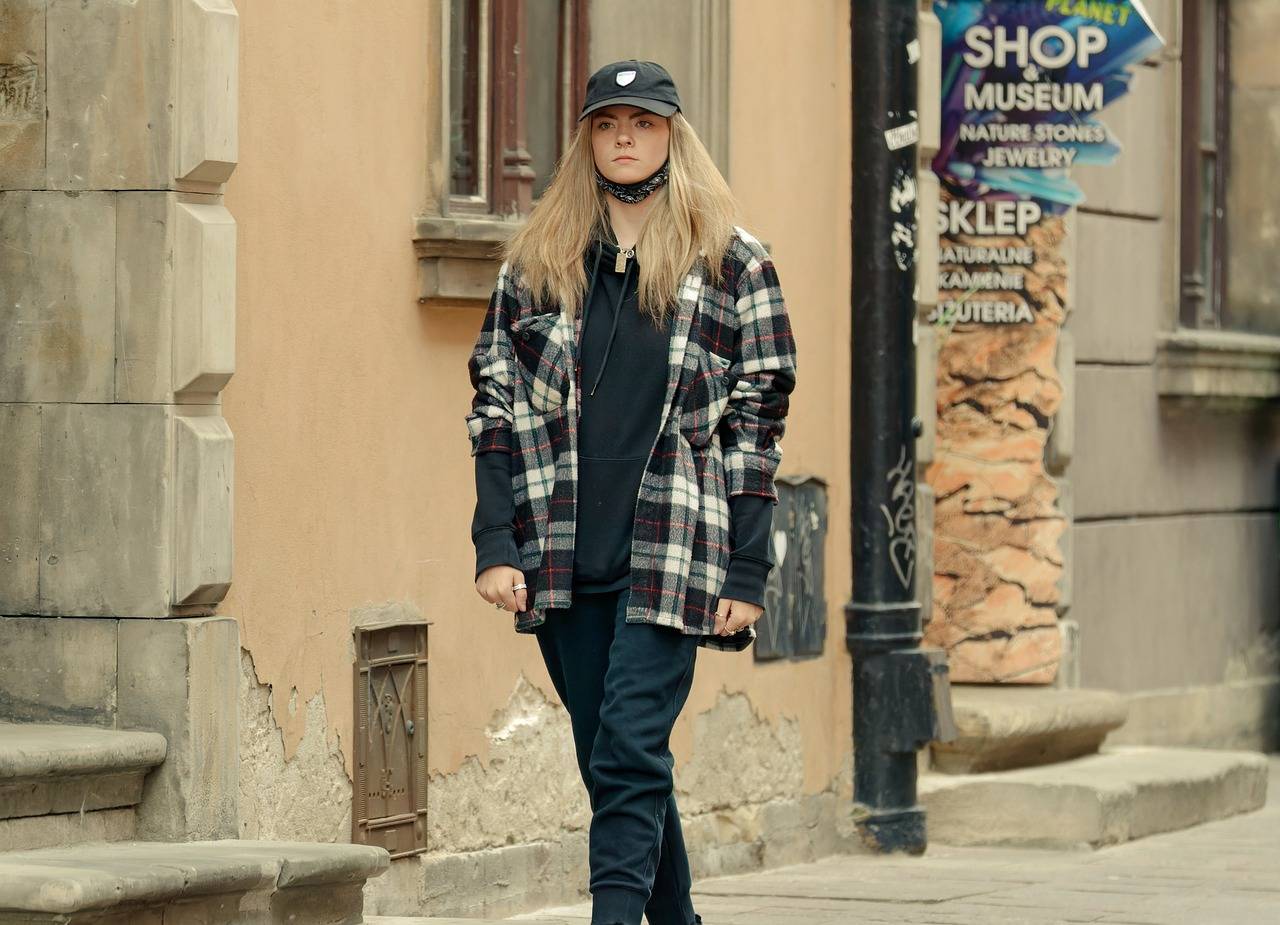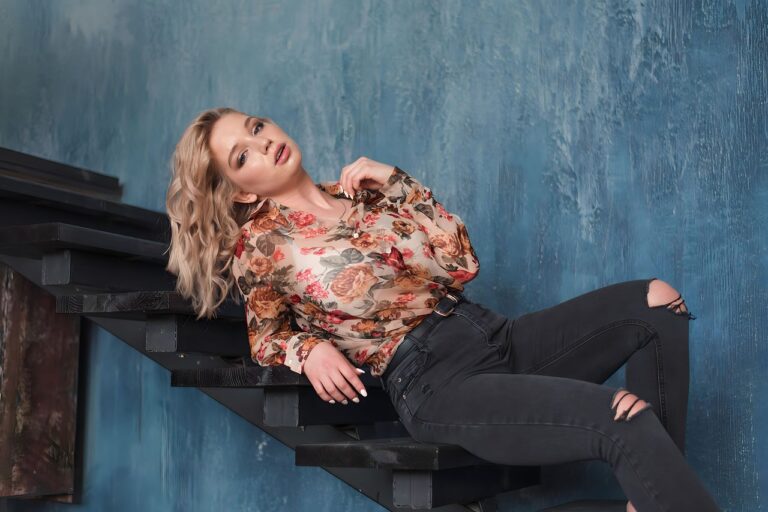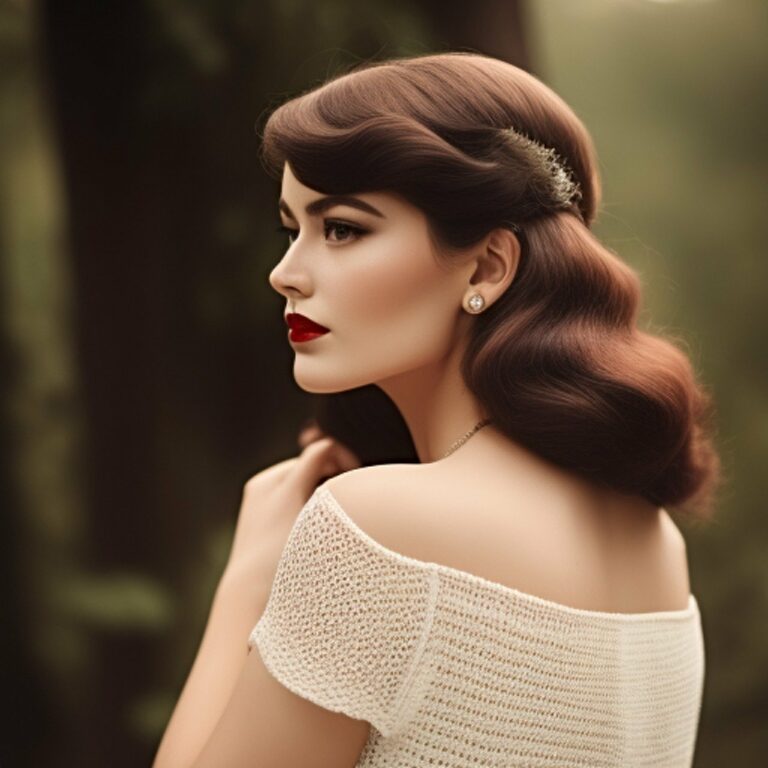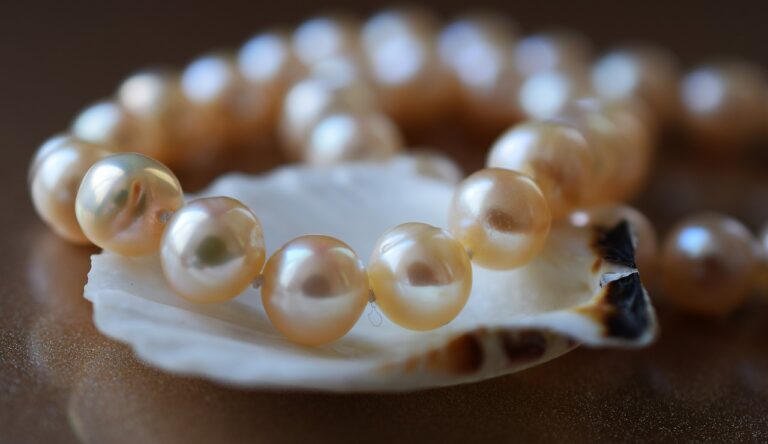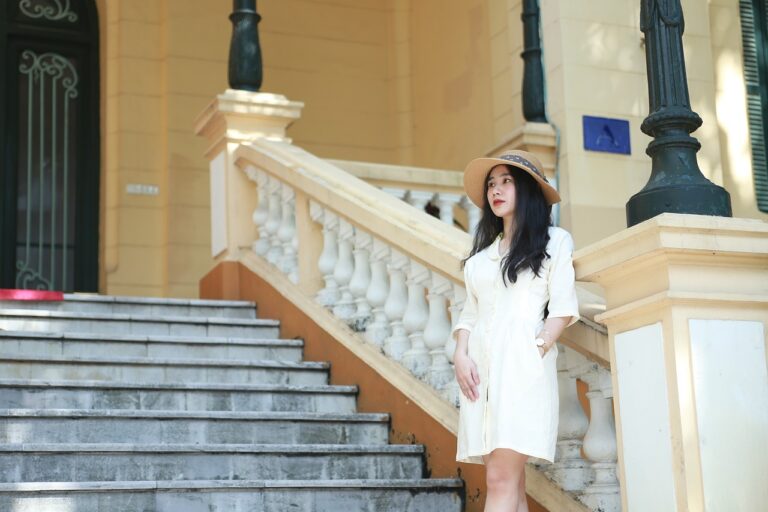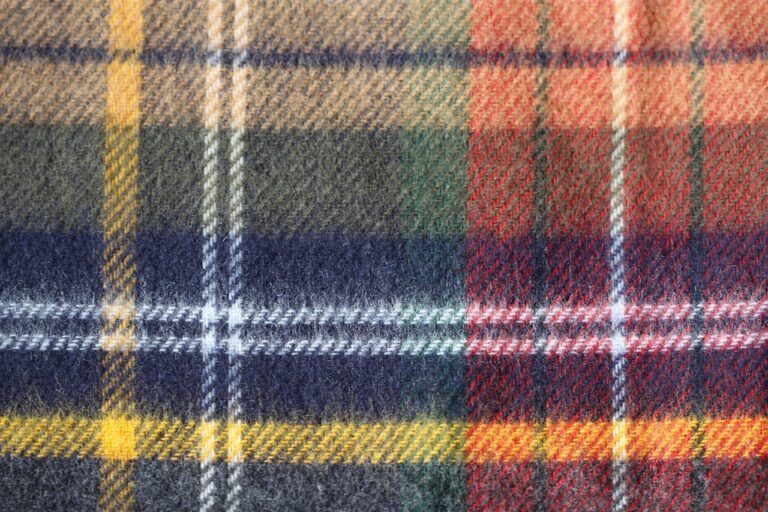Fashion Event Inclusive Marketing Campaigns: Representing Diverse Identities and Experiences in Promotional Material: Allpaanel mahadev book, Mahadev book login id and password, Online cricket id
allpaanel mahadev book, mahadev book login id and password, online cricket id: Fashion Event Inclusive Marketing Campaigns: Representing Diverse Identities and Experiences in Promotional Material
In today’s world, diversity and inclusivity are buzzwords that are being prioritized more than ever in the fashion industry. Fashion events play a crucial role in setting trends and influencing perceptions of beauty and style. With the rise of social media and the increasing demand for representation, it has become essential for fashion event organizers to create marketing campaigns that celebrate diverse identities and experiences.
Inclusive marketing campaigns are not only about showcasing diversity in terms of race, ethnicity, gender, and age but also about representing different body types, abilities, and backgrounds. By doing so, fashion events can connect with a wider audience and make a positive impact on society. In this article, we will explore the importance of inclusive marketing campaigns in fashion events and how they can effectively represent diverse identities and experiences in promotional material.
Why Inclusive Marketing Campaigns Matter
Inclusive marketing campaigns are essential for fashion events because they reflect the reality of today’s society. By featuring a diverse range of models, influencers, and ambassadors, fashion events can better resonate with consumers who come from various backgrounds. Representation matters, and when people see themselves reflected in promotional material, they are more likely to feel seen, heard, and valued by the brand.
Additionally, inclusive marketing campaigns help to challenge traditional beauty standards and stereotypes. By showcasing a variety of looks, styles, and identities, fashion events can promote a more inclusive and accepting culture within the industry. This not only benefits consumers but also sends a powerful message to other brands and organizations to follow suit.
How to Create an Inclusive Marketing Campaign
When creating an inclusive marketing campaign for a fashion event, it is essential to consider the following factors:
1. Diverse Casting: Ensure that the models and influencers featured in the campaign represent a wide range of backgrounds, ethnicities, genders, body types, and abilities.
2. Authentic Storytelling: Tell authentic stories that resonate with diverse audiences and highlight the unique experiences and perspectives of different individuals.
3. Collaborate with Diverse Creatives: Work with photographers, stylists, makeup artists, and other creatives who come from various backgrounds to bring different perspectives to the campaign.
4. Community Engagement: Involve the community in the campaign by seeking feedback, featuring user-generated content, and creating opportunities for interaction and participation.
5. Accessibility: Make sure that the promotional material is accessible to all individuals, including those with disabilities, by providing alternative text, captions, and subtitles.
By incorporating these elements into your marketing campaign, you can create a more inclusive and representative fashion event that resonates with a diverse audience.
Case Studies: Successful Inclusive Marketing Campaigns
To further illustrate the impact of inclusive marketing campaigns in fashion events, let’s look at a few successful examples:
1. Savage X Fenty by Rihanna: Rihanna’s lingerie brand, Savage X Fenty, has been praised for its inclusive marketing campaigns that feature models of all shapes, sizes, and backgrounds. By celebrating diversity and body positivity, Savage X Fenty has become a leading brand in the industry.
2. Chromat: Chromat, a swim and athleticwear brand, has consistently featured a diverse range of models in its runway shows and campaigns. By showcasing individuals of different genders, sizes, and abilities, Chromat has succeeded in promoting inclusivity and representation in fashion.
3. Tommy Hilfiger Adaptive: Tommy Hilfiger’s Adaptive collection caters to individuals with disabilities and has been praised for its inclusive marketing campaigns that feature models with various mobility aids and adaptive clothing.
FAQs
1. Why are inclusive marketing campaigns important for fashion events?
Inclusive marketing campaigns are important for fashion events because they help to celebrate diversity, challenge traditional beauty standards, and resonate with a wider audience.
2. How can fashion event organizers create inclusive marketing campaigns?
Fashion event organizers can create inclusive marketing campaigns by featuring diverse casting, authentic storytelling, collaborating with diverse creatives, engaging the community, and ensuring accessibility.
3. What are some successful examples of inclusive marketing campaigns in the fashion industry?
Savage X Fenty by Rihanna, Chromat, and Tommy Hilfiger Adaptive are examples of fashion brands that have successfully implemented inclusive marketing campaigns.
In conclusion, inclusive marketing campaigns play a crucial role in representing diverse identities and experiences in fashion event promotional material. By prioritizing inclusivity and representation, fashion events can make a positive impact on society and connect with a wider audience. It is essential for brands to continue to prioritize diversity and inclusivity in their marketing campaigns to create a more inclusive and representative fashion industry.

